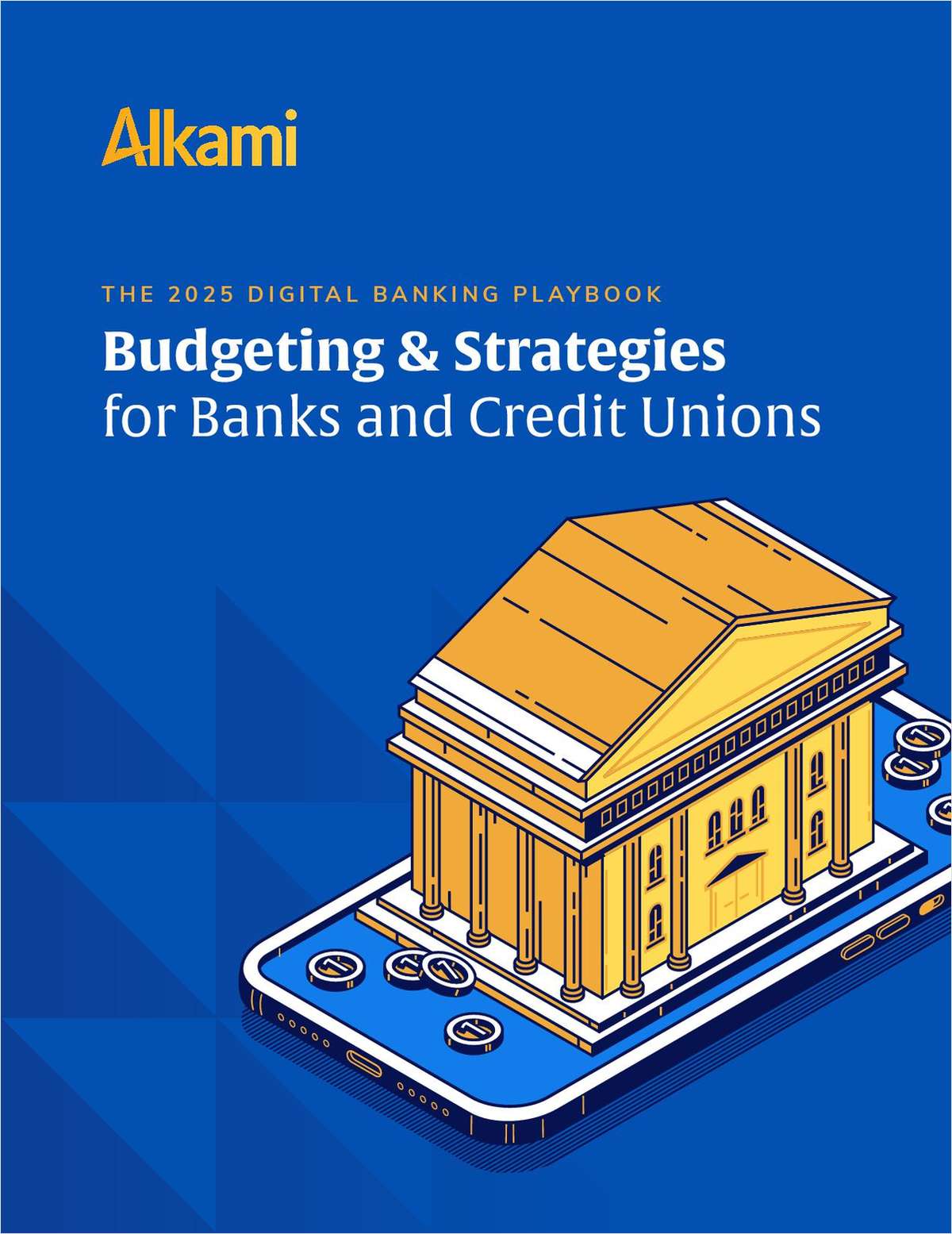 In the latest skirmish in the 9-year legal battle over interchange fees, Wal-Mart, 7-Eleven and other retailers, joined by Senate Majority Whip Richard Durbin (D-Ill.), recently filed several briefs with the U.S. Supreme Court. The group seeks to change the Federal Reserve's cap on debit card interchange fees that took effect three years ago.
In the latest skirmish in the 9-year legal battle over interchange fees, Wal-Mart, 7-Eleven and other retailers, joined by Senate Majority Whip Richard Durbin (D-Ill.), recently filed several briefs with the U.S. Supreme Court. The group seeks to change the Federal Reserve's cap on debit card interchange fees that took effect three years ago.
The retailers and the author of the Durbin Amendment, pictured at left, contend that the interchange fee cap was set higher than Congress intended when it passed the Dodd-Frank Consumer Protection and Wall Street Reform Act of 2010, according to court documents and sources involved in the case.
Wal-Mart and 7-Eleven, which opted out of the $7 million antitrust settlement with Visa and MasterCard, filed separate amicus briefs last week, arguing the Fed misinterpreted the legislation's intent and the fee cap should be lowered, said attorney Jeffrey Shinder, who represents 7-Eleven and a group of small ticket merchants involved in the litigation.
In July, U.S. District Court Judge John Gleeson ruled that Wal-Mart and other retailers displeased with the settlement could continue with new litigation.
Shinder told CU Times his clients believe the Fed twisted the law to empower a price increase for all regulated debit transactions below certain thresholds.
“MasterCard has described small ticket transactions as the holy grail of debit growth and very soon the majority of debit transactions will be made for $15 or less,” said Shinder, a managing partner of Constantine Cannon's New York City office.
“As a result, this flaw in the Federal Reserve's analysis threatens to subvert the entire purpose of the law,” he continued. “Because of the Federal Reserve's legally flawed rulemaking the price of what very soon will be the majority of the debit volume in this country will be higher with the regulations than it would have been without it.”
“Nothing better reflects the arbitrary and capricious nature of the Fed rulemaking than that,” Shinder added.
Randy Hargrove, director of national media relations for Wal-Mart, told CU Times that the mega retailer is hoping the interchange issue can be resolved in a manner that benefits consumers.
“Congress passed the Durbin Amendment to reduce debit card expenses significantly for consumers,” Hargrove said in a phone interview.
“Unfortunately, the regulations adopted by the Federal Reserve and approved by the D.C. Circuit have fallen short of the amendment's goals and set interchange fees on debit transactions higher than they legally should be,” he continued. “We hope the Supreme Court will side with our customers and require new regulations that result in lower debit card expenses.”
Wal-Mart led a class of retailers that won a $3 billion settlement with Visa and MasterCard over different antitrust claims in 2004.
Read more: Durbin says current interchange cap harms consumers …
In the current litigation, Durbin filed a friend-of-the-court brief filed last week in support of the National Retail Federation and other retailers.
In his brief, Durbin claimed the 21-cent cap set in 2011 goes beyond the “reasonable and proportional” level mandated by Congress under the Durbin amendment.
The amendment was carefully crafted to respond to collusion, market failures and excessive fees within the electronic debit system, but the D.C. Circuit Court erred by deferring to the inclusion of “third category” bank costs in its rulemaking, according to Durbin's brief.
The inclusion of such costs was contrary to the Durbin Amendment's text and legislative history, the document said.
“Unfortunately, the board's final rulemaking failed to sufficiently follow the text and purpose of the law,” the brief said. “Because interchange fees are ultimately borne by consumers in the form of higher retail prices, consumers have suffered as a result.”
The Fed announced last month that it does not plan to revise the interchange fee standard or the fraud-prevention adjustment.
A Sept. 18 report issued by the Fed noted that debit swipe fees totaled $16.3 billion last year, down from about $20 billion in 2012.
According to EFTA provisions, interchange fees should not exceeds 21 cents plus 5 basis points multiplied by the value of the transaction, plus a 1-cent fraud prevention adjustment, if eligible. However, the fee cap does not apply to debit card issuers with consolidated assets of less than $10 billion, which includes most credit unions, as well as certain government-administered debit cards and certain prepaid cards.
Last year, a U.S. District Court judge agreed with NRF that the limit was too high, but the U.S. Circuit Court of Appeals overturned the ruling this year, citing “ambiguity” in the 2010 law.
This summer, NRF asked the Supreme Court to hear the case, but the court has not yet announced if it will.
“If the Fed had followed the law passed by Congress, these outrageous fees would be dramatically reduced,” wrote Mallory Duncan, NRF's senior VP and general counsel, in an email to CU Times. “Main Street businesses and their customers are being fleeced on these swipe fees.”
Durbin contended in his recent friend-of-the-court brief that the Fed was only allowed to consider the costs of authorizing, clearing and settling each transaction.
Initially, the Fed calculated costs at an average of 4 cents per transaction and proposed a cap of up to 12 cents, but the 21-cent level was set after the banking industry expressed outrage with the board's draft rulemaking and launched an aggressive lobbying campaign to weaken the draft rule, according to Durbin's brief.
“Congress neither instructed nor empowered the board to impose its own policy judgments and engage in a line-drawing exercise between merchants' desire for low fees and banks' desire for high fees,” the brief stated. “Congress tasked the board to follow the law Congress enacted, not to circumvent it at the request of the banking industry.”
Complete your profile to continue reading and get FREE access to CUTimes.com, part of your ALM digital membership.
Your access to unlimited CUTimes.com content isn’t changing.
Once you are an ALM digital member, you’ll receive:
- Breaking credit union news and analysis, on-site and via our newsletters and custom alerts
- Weekly Shared Accounts podcast featuring exclusive interviews with industry leaders
- Educational webcasts, white papers, and ebooks from industry thought leaders
- Critical coverage of the commercial real estate and financial advisory markets on our other ALM sites, GlobeSt.com and ThinkAdvisor.com
Already have an account? Sign In Now
© 2025 ALM Global, LLC, All Rights Reserved. Request academic re-use from www.copyright.com. All other uses, submit a request to [email protected]. For more information visit Asset & Logo Licensing.









